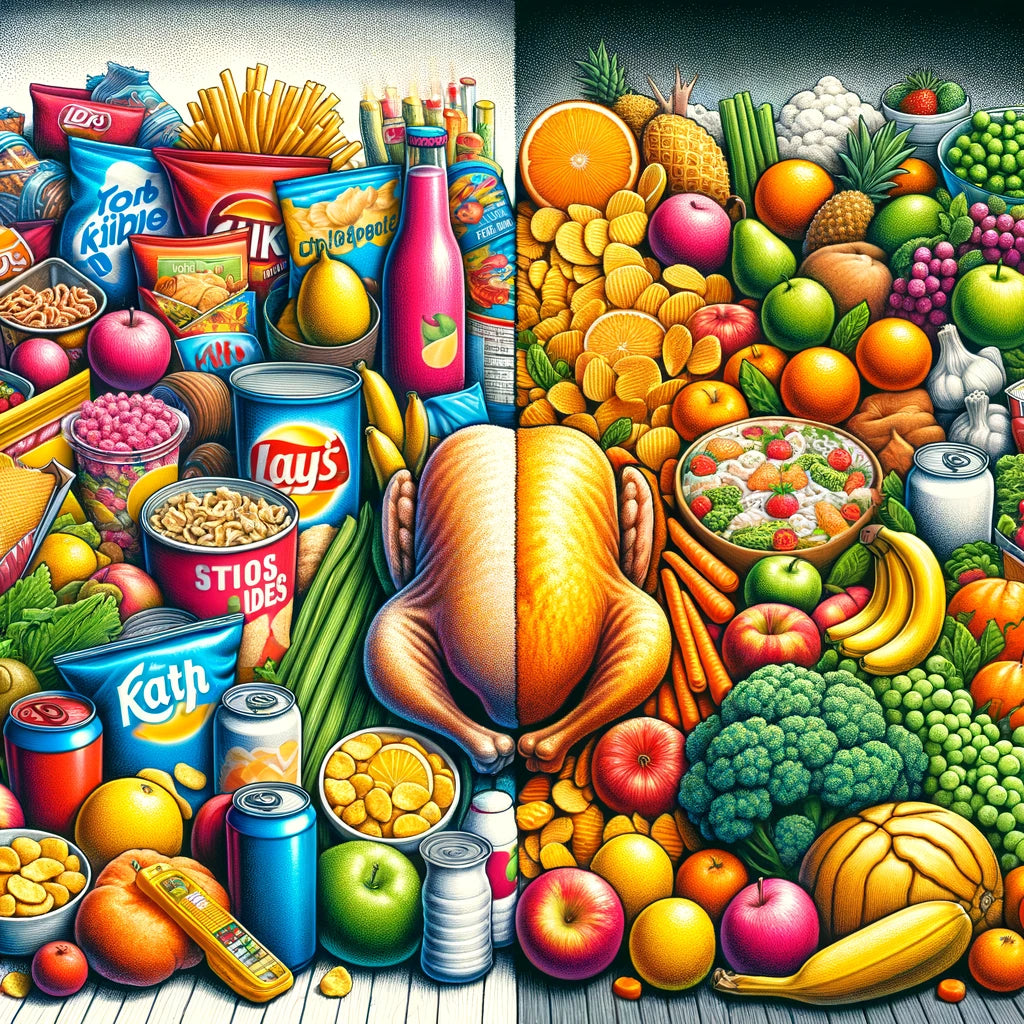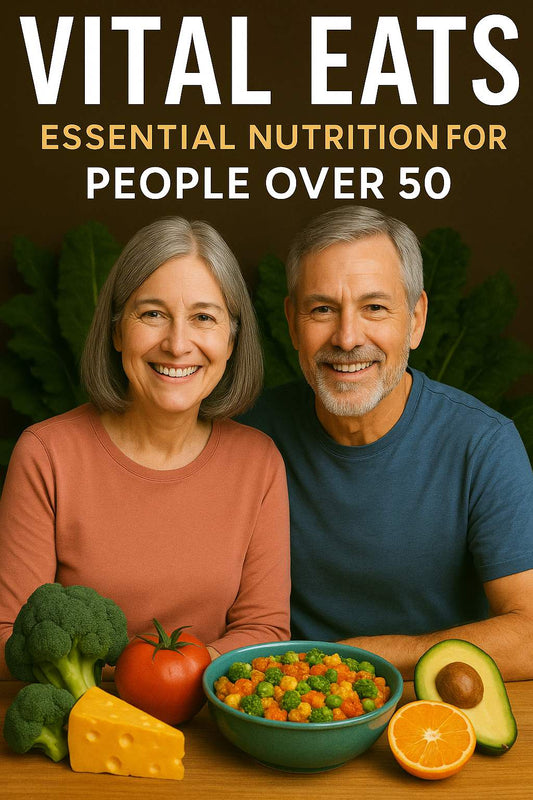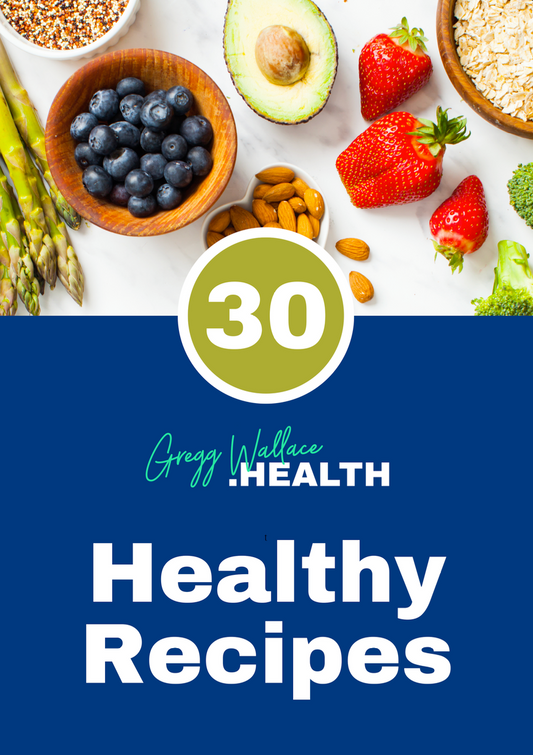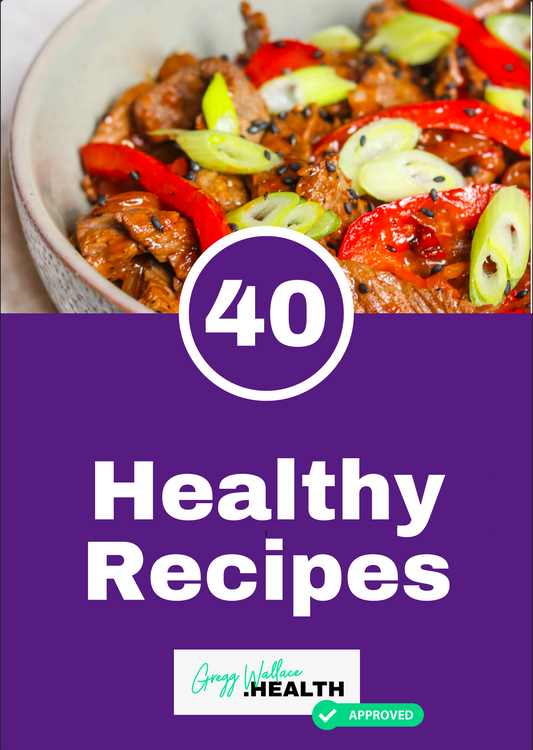Unveiling the Truth Behind Our Daily Meals
Look, I've been helping people lose weight for a number of years, we all know that, right? I've achieved this by encouraging the consumption of good food. However, what I initially overlooked was the profound impact of good nutrition on our overall health and the alarming nature of many foods we consume.
The insights I'm about to share have come from the expertise of three distinguished professionals: Dr Megan Rossi, Professor Tim Spector, and Professor Tim van Tulleken. Their findings are not mere conjectures but evidence-backed revelations that demand our attention.
A staggering 60% of our diet in the UK comprises substances that can scarcely be deemed real food. We are increasingly indulging in products concocted in labs, laden with emulsifiers, flavour enhancers, preservatives, artificial colours, sweeteners, and substances mimicking the texture of animal fat.
Our snacking habits, our preference for takeaways, and our reliance on ready meals—all these choices are predominantly ultra-processed. Next time you're about to heat a pre-packaged meal, take a moment to scrutinise the ingredients. Are they recognisable as food.
It's concerning to note that we lead Europe in snacking frequency and trail only behind the USA in takeaway consumption globally.
Professor Tim Spector advises against purchasing products that boast health claims, such as being low in sugar or fat or high in protein. These, he argues, are mere marketing strategies designed to confuse consumers. Natural foods, like a chicken or fruits such as mangoes and pineapples, don't come with labels touting their nutritional content because their wholesomeness is inherent.
Before engaging with these experts through interviews or their literature, I would have naively assumed that the inclusion of any ingredient in our food must have been preceded by thorough health screenings. However, Dr Megan Rossi, a renowned gut health specialist, elucidated in my podcast "Piece of Cake" how many lab-produced foods received health clearances years ago, long before the critical role of gut microbiomes was understood.
Dr Rossi highlights the growing consensus among scientists and health experts for a renewed examination of the substances in our food. Given this context, why should we gamble with our health? Many snacks, ready meals, and takeaways are not only detrimental to our weight management efforts but also pose unknown risks. The safer, healthier, and more economical alternative is to prepare our own meals using entirely natural ingredients, a practice we champion here at GreggWallace.Health.
Key Takeaways:
- The Overlooked Impact of Ultra-Processed Foods: A significant portion of our diet consists of artificial substances that could be harming our health.
- The Marketing Misdirection: Health claims on packaging often serve as distractions rather than helpful guides to nutritious eating.
- The Power of Natural Ingredients: Embracing whole, unprocessed foods is not only safer but also essential for maintaining a healthy lifestyle.





